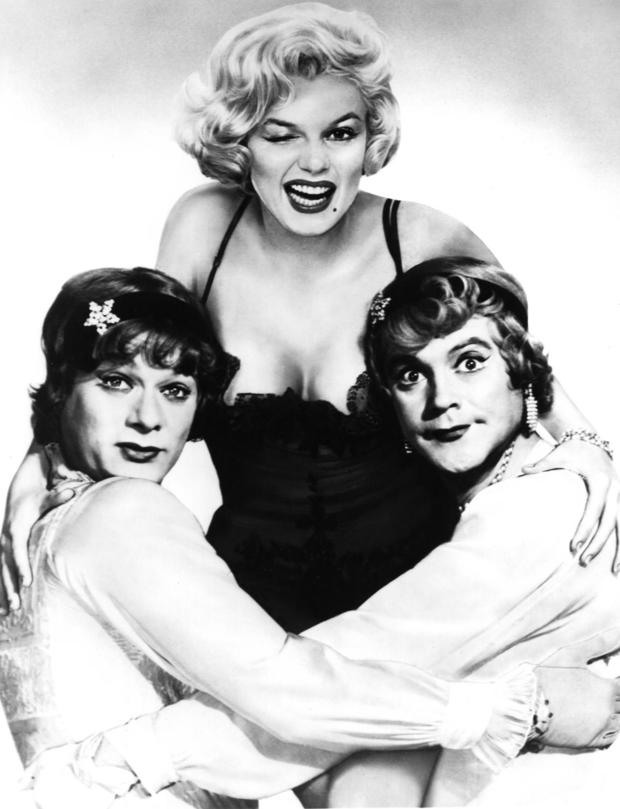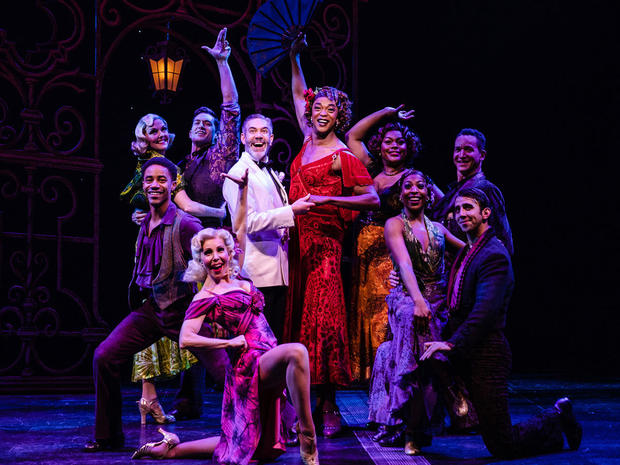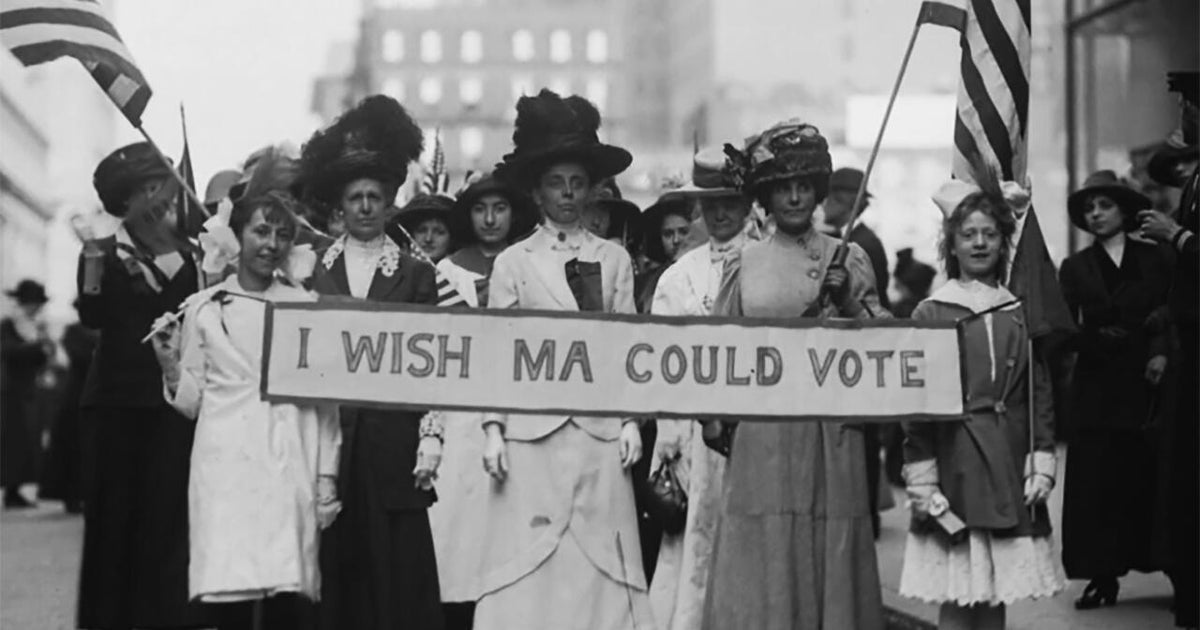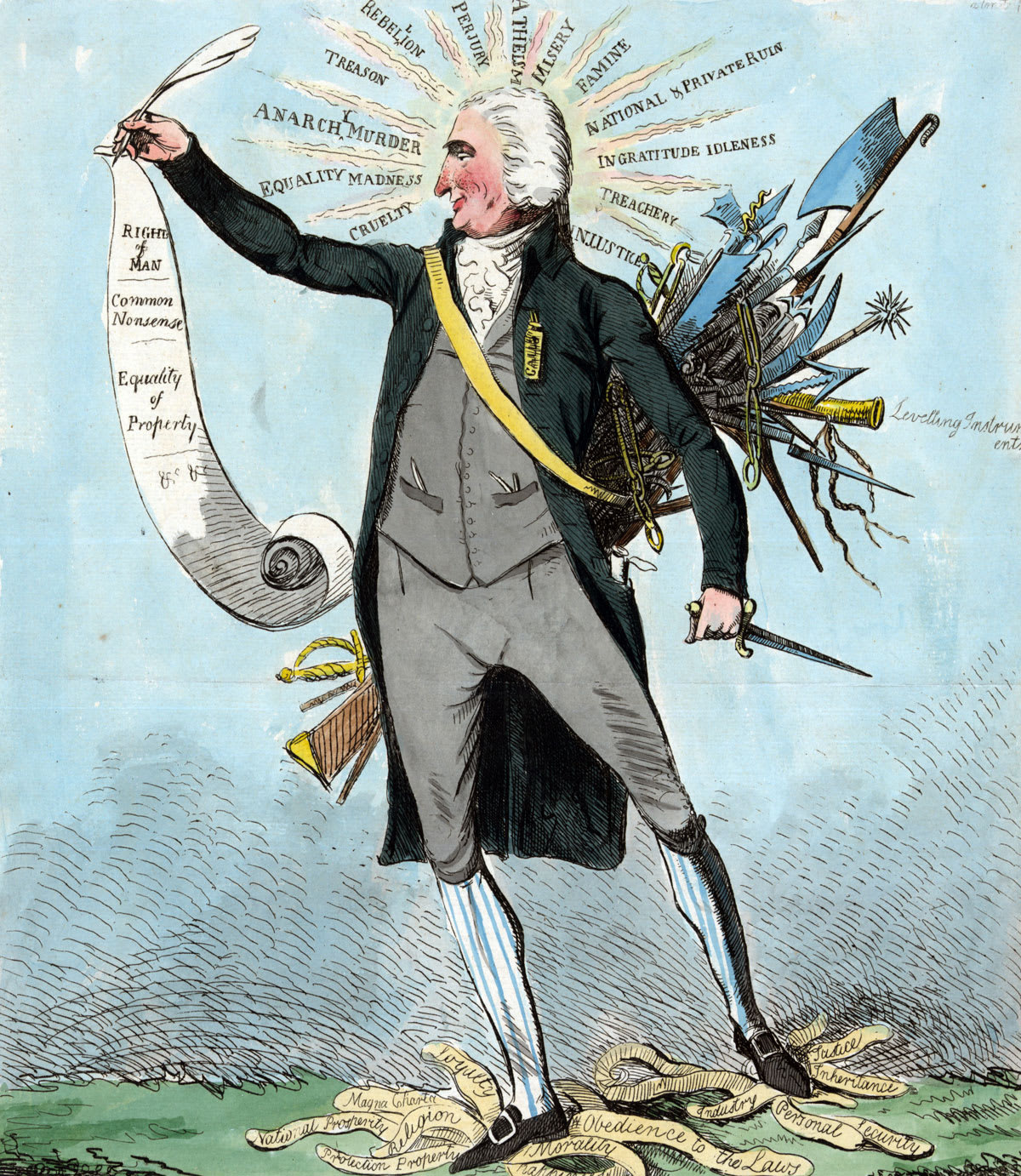"Some Like It Hot": From Hollywood classic to the Broadway stage
In the comedy classic "Some Like It Hot," Tony Curtis and Jack Lemmon play two musicians on the run from the mob who disguise themselves as women, and wind up making Hollywood history. The film came out in 1959, and 63 Oscar nights ago, it was up for six awards.
Oscar emcee Bob Hope quipped, "Jack Lemmon was nominated for impersonating a girl. I remember when you used to get arrested for that."
Director Billy Wilder is said to have practically pushed the two men into the ladies room to see if they could pass for the real thing (they did!). Curtis would need to ice his feet every night after a day spent in high heels. And Marilyn Monroe, as Sugar Cane, was pregnant during filming, and delayed production with her chronic lateness.
But it was a triumph anyway, said U.T. Austin film professor Noah Isenberg. "The critical praise for this film was extraordinary," he said, "along the lines of 'run, don't walk' to get to the theater to see this movie."
But not everyone ran to see it: "Some Like It Hot" landed on the National League of Decency's list of "morally objectionable" films. Now it's on other lists, including #1 on the American Film Institute's 100 best comedies of all time.
And it's still as funny now as it was then.
To watch a trailer for "Some Like It Hot" click on the video player below:
Isenberg noted a scene where Lemmon, as "Daphne," tells Curtis that a millionaire wants to marry him ["Osgood proposed to me. We're planning a June wedding!"]
"This scene with Jack Lemmon as Daphne playing the maracas in the hotel room, they had to time it so that the jokes didn't get drowned out by laughter," Isenberg said. The maracas were added precisely for that purpose: "You need to be able to time how long approximately it's going to take an audience to finish their belly laugh so that they can get to the next line."
Curtis: "But you're not a girl, you're a guy! And why would a guy want to marry a guy?"
Lemmon: "Security!"
But beyond comedy, it was a film about reinvention, made mostly by people who had reinvented themselves. Marilyn Monroe was once Norma Jean Mortenson; Bernie Schwartz became Tony Curtis.
And now, the film itself has been reinvented as a Broadway musical, with a new score by the Tony- and Grammy-winning duo of Marc Shaiman and Scott Wittman. The bones are the same, but it's definitely not just a rehash of the original, said director Casey Nicholaw. "I think the thing that made the movie special that people loved, was you were seeing these two movie stars dressed as women. And that was funny to people. But it doesn't fly now. And I don't want to see it now. And I'm not really interested in doing that now, you know? But I think the discovery of these guys, while they have to do that to get away from the law, is what makes our show different."
Smith asked, "If you can boil it down, what's the message?"
"Well, the message is basically self-love, and everyone be nice to each other," Nicholaw replied.
Smith asked Adrianna Hicks ("Aladdin," "Six"), who plays Sugar Cane, "You're taking over the role that was created by Marilyn Monroe. Were you a little intimidated?"
"I was, starting out," she replied, "because I didn't know what was going to be asked of me, especially being a Black woman portraying an iconic White woman."
Christian Borle ("Charlie and the Chocolate Factory") and J. Harrison Ghee ("Kinky Boots") are in the Tony Curtis and Jack Lemmon roles, and it's a workout for them every night. The show is one dance number after another, and that's both a challenge and a welcome change for a cast who had to wait for this moment through the pandemic. Borle said, "We were all traumatized for years not being able to be on stage. So, to be back and see those faces and see them laughing and see them happy, that's why we do it.
"That, and the money, you know?"
Ghee, who identifies as non-binary, sees his role as Daphne as his ministry, and his calling is to open minds. He points to a comment from a man in the audience overheard by one of the crew: "He said he was sitting next to this man and he was with some woman. And I did my song in Act Two, 'You Coulda Knocked Me Over With a Feather.' They applauded, and the man just, like, turned to the lady and goes, 'I need to treat my son better.' That's my ministry. That's why I do what I do. I don't care about a review in a paper – it's reaching the hearts of the people sitting in those seats, that you think just a little differently than when you came in the theater."
To watch scenes from the Broadway production of "Some Like It Hot" click on the video player below:
The movie and the Broadway show couldn't be more different, but in some ways, they both feel the same. According to Isenberg, Jack Lemmon, in the film, "embraces his inner Daphne toward the end. And in fact, Harrison Ghee, who plays Daphne on stage, says all of us, we all have a Daphne inside us. It's an extraordinary performance."
And talk about extraordinary: the famous last line in the movie was just a placeholder until they came up with something better, but Wilder kept it in after test audiences went wild.
Lemmon: "You don't understand, Osgood, I'm a man!"
Brown: "Well, nobody's perfect."
Sometimes, in Hollywood and on Broadway, you just never know what's going to be hot.
For more info:
- "Some Like It Hot" (1959), available on Blu-ray and DVD from the Criterion Collection, and available to stream on various services
- "Some Like It Hot," at the Shubert Theatre, New York City | Ticket info
- Noah Isenberg, professor, University of Texas at Austin
Story produced by John D'Amelio. Editor: Steven Tyler.






